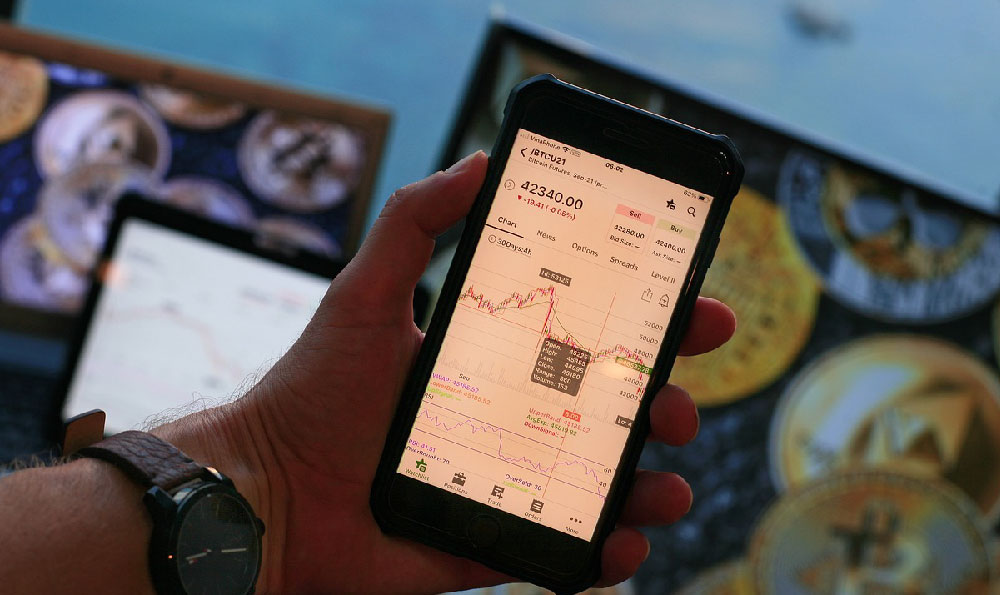
Monetizing a Facebook Page and earning income online requires a strategic blend of creativity, data-driven insights, and consistent engagement. As a platform that connects over 3 billion users worldwide, Facebook offers a unique opportunity for individuals to transform their online presence into a revenue stream, but it's essential to approach this with a clear understanding of the tools available and the mindset needed to sustain growth. The key lies in building a loyal audience, delivering value through content, and leveraging the platform's features to create multiple income channels.
One of the most straightforward methods involves utilizing Facebook's ad platform. By creating a page with a dedicated audience, you can earn money through the ads that appear on your feed, provided you meet the platform's criteria for monetization. This process typically requires a certain number of followers, active engagement metrics, and a verified account. However, the success of this strategy hinges on your ability to balance the content you provide with the ads you promote. Overloading your page with commercials may lead to user disengagement, but strategically placed ads that align with your audience's interests can generate substantial revenue. Additionally, understanding the ad targeting options, budget allocation, and performance analytics can help optimize your earnings.
Another avenue is affiliate marketing, which involves promoting products or services through your page and earning a commission on sales made via your unique referral links. This requires identifying niche markets where you can offer genuine value, selecting high-quality products that resonate with your audience, and effectively integrating them into your content. For example, a fitness page might promote workout gear or healthy meal plans, while a tech page could recommend gadgets or software tools. It's crucial to disclose affiliate partnerships transparently, as this builds trust and ensures compliance with Facebook's policies. Tracking click-through rates and conversion metrics can also help refine your approach, ensuring that your promotions are both effective and ethical.

Selling products or services directly is another powerful option for page owners. This could range from digital downloads like e-books or templates to physical products sold through Facebook Marketplace or custom orders. For instance, a lifestyle influencer might offer personalized coaching sessions, while an artist could sell prints or merchandise. The challenge here is to maintain a cohesive brand identity while adapting to the needs of your audience. Creating a dedicated shop page, offering exclusive deals, and leveraging Facebook's built-in payment systems can streamline the process. However, it's important to consider the competition, pricing strategies, and customer service standards to ensure long-term viability.
Collaborations with brands or influencers can also provide income, especially for pages with a high level of engagement. Brands often seek influencers to promote their products to targeted audiences, and negotiating sponsorship deals requires demonstrating the value of your reach and audience demographics. For example, a cooking page with a specific demographic might attract partnerships with kitchenware brands or food delivery services. It's important to maintain authenticity in these collaborations, ensuring that the promoted products align with your content and values. Additionally, managing multiple collaborations simultaneously requires careful planning to avoid overwhelming your audience or compromising your brand's integrity.
Facebook Groups can serve as a valuable tool for monetization as well. By creating and managing a group centered around a specific topic, you can generate income through membership fees, premium content, or affiliate partnerships. For instance, a group focused on freelancing might offer exclusive job boards or career coaching services. Building a thriving group requires fostering a sense of community, encouraging interaction, and providing content that justifies the group's value. It's also essential to comply with Facebook's community guidelines to avoid penalties or deactivation.
Lastly, the long-term success of any monetization strategy depends on continuous adaptation and optimization. Facebook's algorithm is constantly evolving, and staying ahead requires monitoring engagement trends, experimenting with content formats, and refining your approach based on user feedback. For example, video content tends to perform better in terms of engagement and ad revenue compared to static posts, so investing in video creation might yield better results. Additionally, diversifying your income streams can reduce dependency on a single method and provide more stability. Whether it's through a combination of ads, affiliate marketing, or product sales, the key is to create a sustainable ecosystem that benefits both your audience and your financial goals.
In conclusion, monetizing a Facebook Page is not a one-size-fits-all approach. It requires a deep understanding of your audience, a strategic use of Facebook's tools, and a commitment to consistent value delivery. By exploring multiple options and adapting to the platform's dynamics, you can create a thriving income stream that aligns with your personal brand and financial aspirations. The journey to monetization is as much about building trust and relationships as it is about generating revenue, and with patience and persistence, it's possible to achieve long-term success in the digital landscape.





